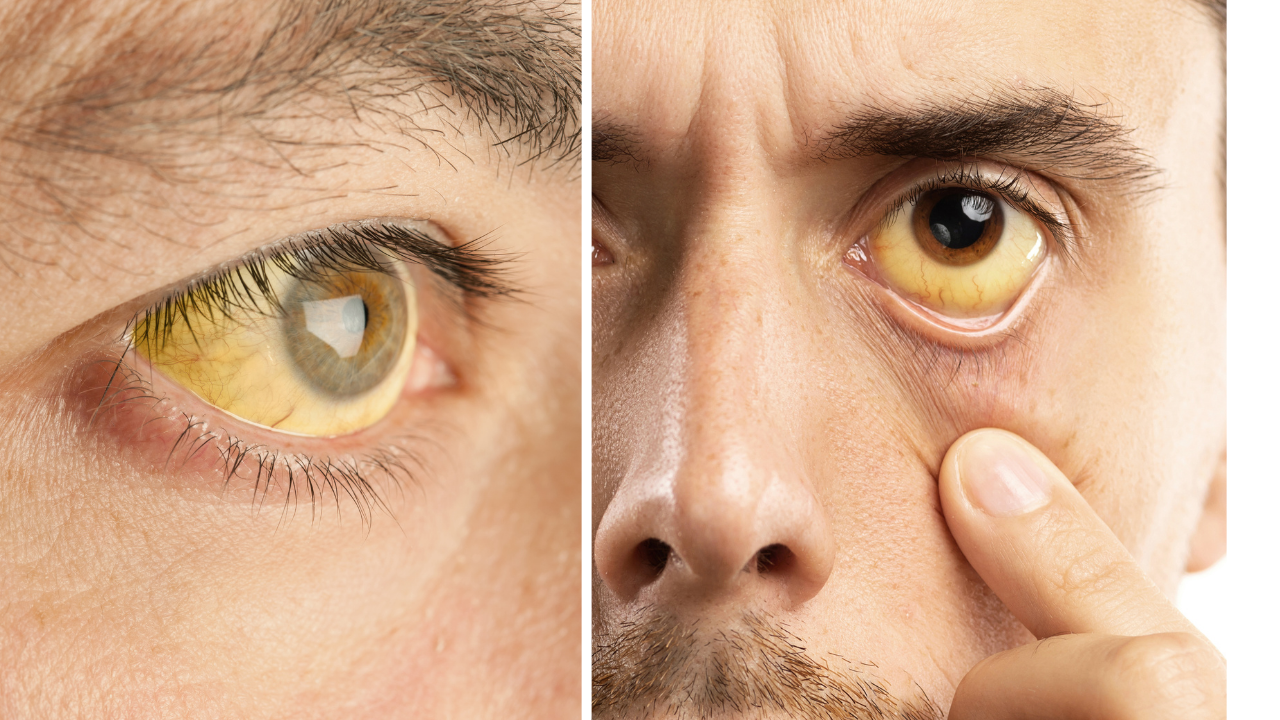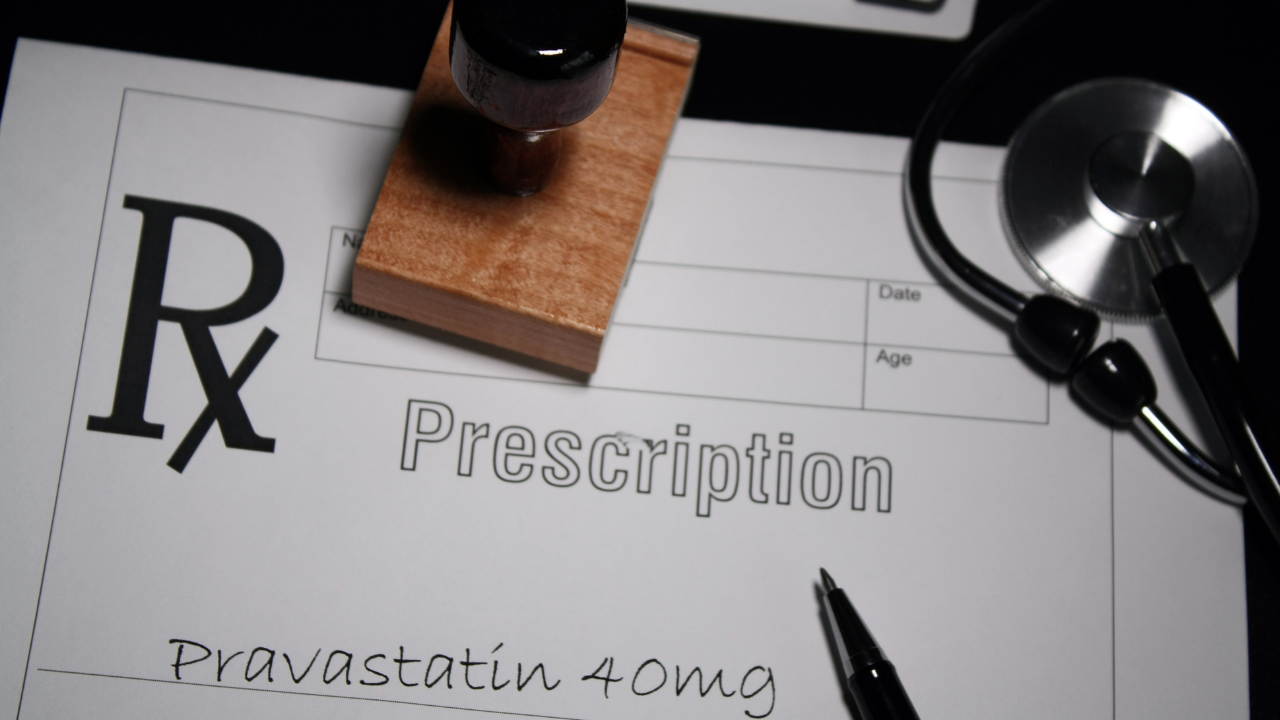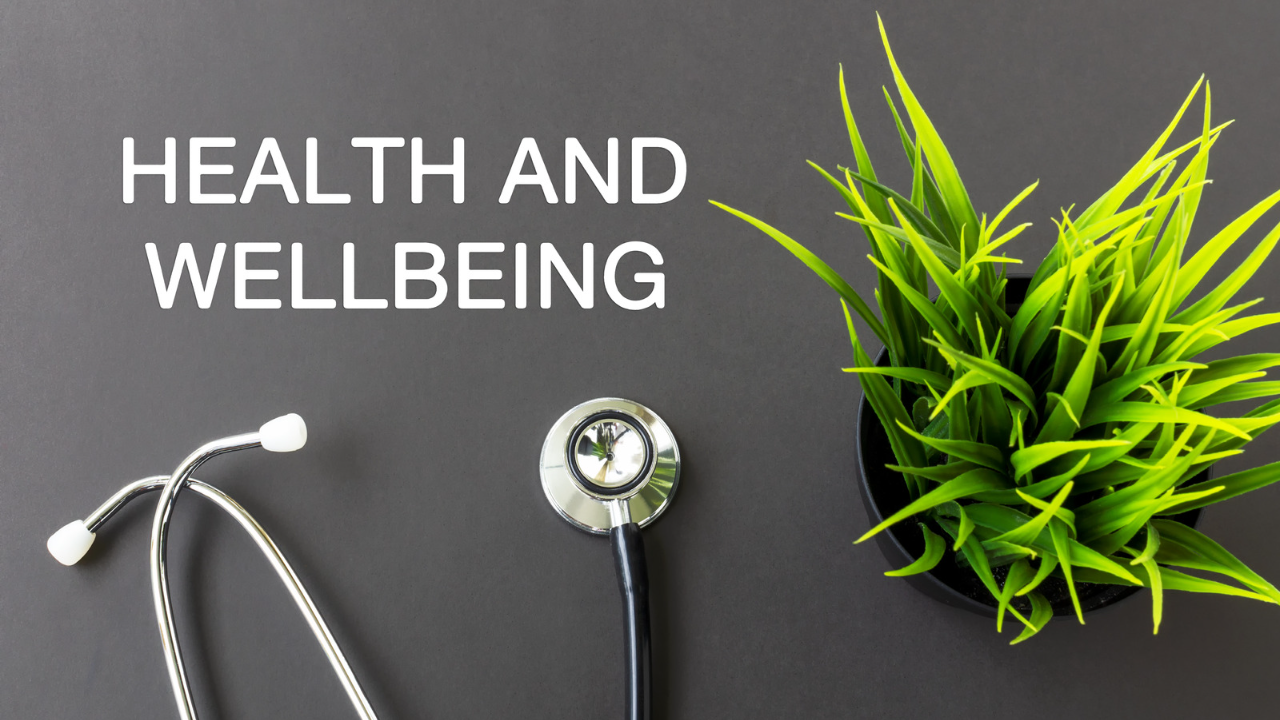What is Pravastatin?
Pravastatin is a prescription drug used to lower bad cholesterol called LDL and raise good cholesterol called HDL. It is also used to lower another fat called triglycerides. It belongs to a family of drugs called Statins. The brand name is Pravachol.
How does Pravastatin work?
Pravastatin works by blocking an enzyme, called HMG-CoA reductase. This enzyme is needed to make cholesterol in your body. In this way it lowers the cholesterol level in your blood.
How long does it take before Pravastatin starts working?
This medication is in your body system within 1.5 to 2 hours after oral intake. However, for its full effect it will take at least 4 weeks for changes to be seen in your cholesterol. It goes without saying that this should be combined with lifestyle changes and a heart healthy diet
How effective is this medication?
With 40 mg pravastatin daily, total cholesterol can be reduced by 25-34% with a very consistent risk reduction of 24% of death from cardiovascular diseases.
Dosing and administration of Pravastatin?
The generic tablet form comes in the following doses: 10mg, 20mg, 40mg and 80mg.You can take this medication with or without food.
Typically you would want to start at the lowest dose and increase the dose gradually monitoring for side effects. This holds true especially for older adults.
Can you drink alcohol while taking Pravastatin?
Preferably you would want to limit intake as it can increase the risk of liver problems. Side effects, in particular liver problems will be discussed later in this article.
What should you NOT take with Pravastatin?
Do not take any rice yeast products. This is because rice yeast contains a statin as well a combination of both can increase the risk of liver and muscle injury.
 You should also avoid grapefruit or grapefruit juice with this medication. This is because it can increase the amount of the drug in your body, and you will be prone to more side effects.
You should also avoid grapefruit or grapefruit juice with this medication. This is because it can increase the amount of the drug in your body, and you will be prone to more side effects.
Is Lipitor and Pravachol the same drug?
Both drugs belong to the same family of drugs called statins, but they are different medications. The generic name for Lipitor is Atorvastatin. If you are interested to learn more about Atorvastatin click here.
What are the common side effects of this drug?
All drugs may cause side effects. The goal of this article is to educate you, if you are on drug, how it works and what you might expect in terms of common side effects. There will always be some people who have no or only mild side effects.
If you do have side effects, call your Doctor ASAP. Do not suddenly stop any medication without consulting your health care provider.
Here is a list of common side effects, and this list is by means not exhaustive.
-
Muscle pain is the most common and reported 10% of the time.
-
GI side effects: abdominal pain, nausea, diarrhea, heartburn (2-7.4% of cases of cases)
-
Headache (6.3%)
-
Angina pectoris (4.5%)
-
Weakness and fatigue (3.4%)
-
Memory problems
-
Rash (4.5%)
-
Elevated liver enzymes (2.9%)
-
Upper respiratory tract infection (5.9%)
When do you have to call your healthcare provider ASAP?
-
If you are having problems peeing, with swelling of your feet and arms and increasingly fatigued these could all be signs and symptoms of kidney problems.
-
If your urine becomes dark, that is dark brown coupled with muscle pain and weakness and even a fever these could all be symptoms of muscle breakdown increasing your chance of acute kidney injury called Rhabdomyolysis.

-
If your skin becomes yellow and your stools become lighter in color, with fatigue, weakness abdominal pain as well as dark urine these could all be signs of a liver injury.
Can you take this medication if you are pregnant?
This medication is NOT recommended in pregnancy you are trying for a baby you should stop the medication 3 months before. You are a risk for birth defects.
What medications interact with Pravastatin?
Here listed are some drugs which can cause drug-drug interactions. There are many more and this list is by no means exhaustive. Talk to your health care provider or pharmacist about possible drug-drug interactions.
- Fenofibrate, Colchicine, Niacin, Warfarin, Itraconazole, Clarithromycin







